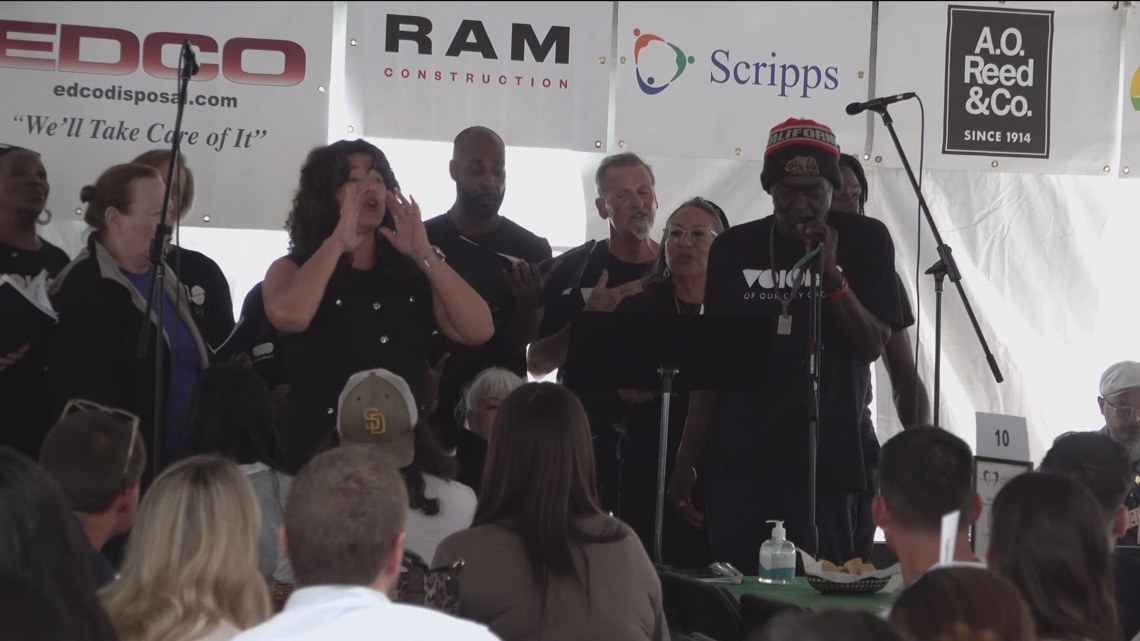Family Health Centers of San Diego provides street medicine to the homeless, focusing on health, housing, and hope.
SAN DIEGO — Doctors weighed in on the homeless crisis Friday. Health providers are often the first point of contact to get services, for people living on the street.
CBS 8’s Carlo Cecchetto served as the moderator for the Spirit of the Barrio — and spoke with a panel, that deeply cares about our community.
For more than five decades now, Family Health Centers of San Diego has focused on people who may be uninsured, lower income and medically underserved. Their team of doctors actually go into encampments, to offer help.
“We really have to build a relationship with people, before they’ll even talk to us. It’s rewarding work for sure,” Doctor Greg Weygandt said. He calls it street medicine and treats everything from wound care to HIV, substance abuse issues and so much more. Family Health Centers serves more than 200,000 people every year.
“People who we’re seeing, haven’t been to the doctor for years, or only go to the emergency room when they need to,” Dr. Weygandt added.
He has a passion for people and was part of the discussion about homelessness, it’s root causes and solutions at the Spirit of the Barrio luncheon, titled “Beyond the Sidewalk – Health, Housing and hope.”
“Just take the time to understand people and treat them like humans,” he added.
Several companies and other organizations like the Regional Task Force on Homelessness and Voices of our City Choir were also there, amplifying the voices, of people impacted by homelessness.
“You either survive, or you don’t – fight or flight,” Daniel Martinez said, who experienced homelessness for years.
A life of drugs and alcohol turned into jails and institutions and ultimately, life on the street.
He also spoke at the event, as a success story.
“It’s a blessing, truly a blessing from God that people actually care,” he said.
It was a broken ankle that brought him into the Family Health Center in Logan Heights, but that led to a life of sobriety.
“It’s not like I just wanted one job, I wanted multiple jobs, I wanted school, I wanted degrees, I wanted to climb the ladder, ” Martinez said.
He is one of many who made it out, thanks to great care, compassion and coordinated action, but we still have a ways to go.
“We have such a big population, so even with the resources, it’s still not enough,” Dr. Weygandt added.
